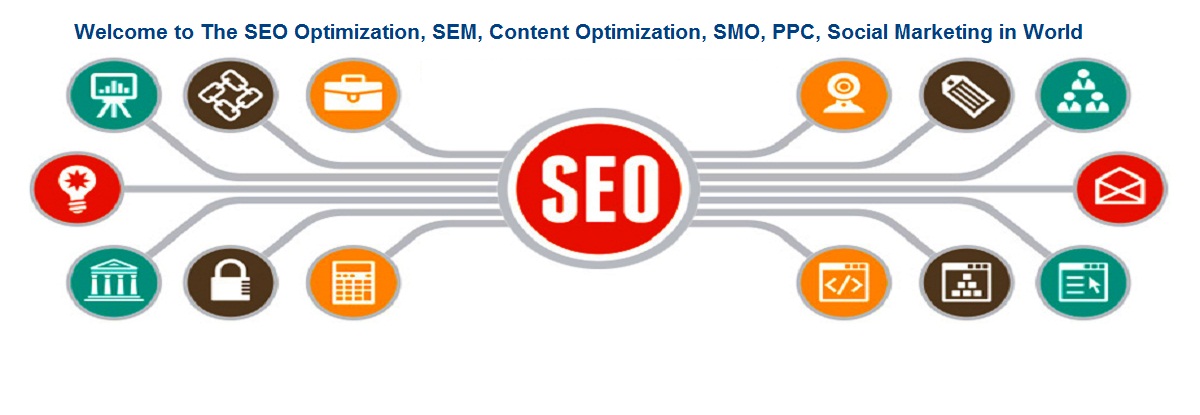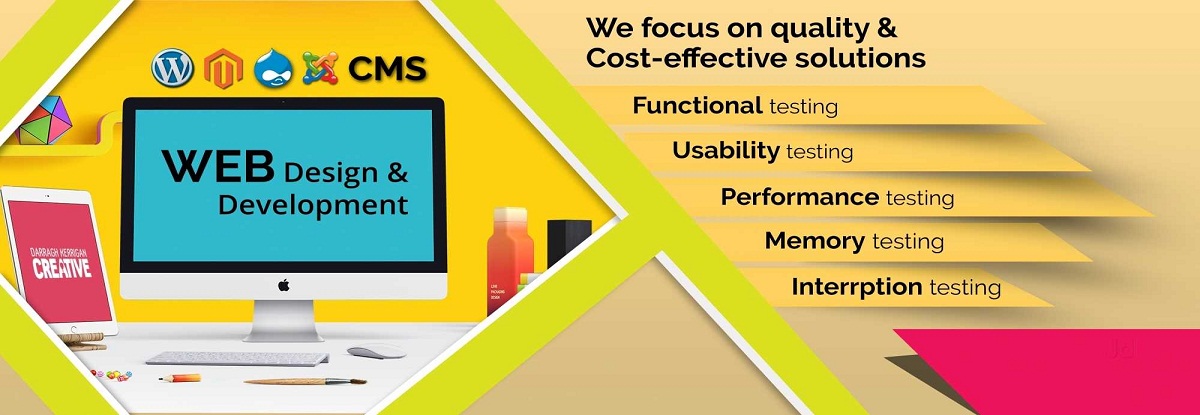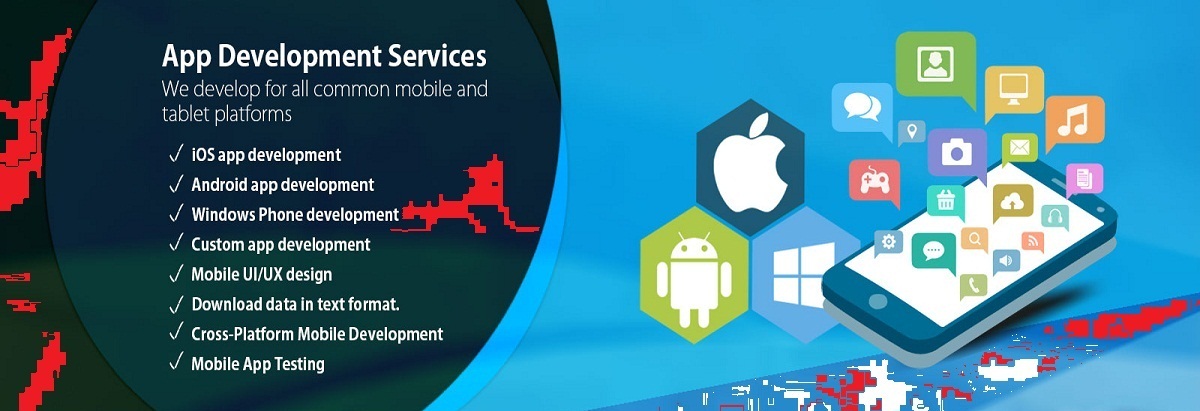Mobile Technology is remodeling the approach individuals use their cell phones. though demand is highest for client apps, enterprise applications are evolving too, permitting businesses to work a lot of profitably. Right from Publishers, Retailers, Automobile Dealers, money Service providers, prescribed drugs suppliers, the mobile application usage trend has currently extended to colleges and Universities providing quicker interaction between employees and students.
Due to the ever-growing demand for mobile apps, call creator are concentrate on making mobile ways and roadmap before implementing the function for their users. it's necessary to create AN app with all options and functionality needed by the client and that is helpful to the app user, however it's even a lot of critical to have a rigorous mobile testing set up before the mobile app is deployed. A comprehensive set up provides customers the arrogance that the app can perform as supposed on totally different devices with varied screen sizes, resolutions, internal hardware, operative systems and across telecommunication operator networks.
Step-by-Step Mobile Application Testing Process followed:
1. Identified Types of Testing – It was a mandatory requirement that the application has to work in all iOS and Android devices as the end consumers can have diverse devices. To ensure that the app worked in all the devices we selected combination of manual testing, automation testing and testing in cloud simulator – Device Anywhere.
2. Performed Manual and Automated Testing –The development process followed for this project was SCRUM and each sprint was two weeks long. Every two weeks development team delivered a logically completed product to the QA team and QA would run their test cases on the build. Regression was a challenge because in each build QA had to ensure that previously completed items were still working. To accomplish this, QA team had automated basic set of functionality using Experitest and ran the automation script on each build which saved good amount of time. We used JIRA to file and track defects.
3. Provided 24 hours of QA Support – We follow a SCRUM development model (QA team is integral part of the development team throughout the project). We provided 24 hours QA support during the development phase since we had onsite as well as offsite teams working on this project. This ensured timely and steady progress in the app implementation.
4. Beta Testing – After this initial setup, once the particular build was moved from the QA bucket, user acceptance testing was conducted for this QA/ST build. This was achieved by asking the beta users (a set of hundred students from the University) to browse every single page within the mobile app. This ensured that every bug was fixed before the app was released. And that the app captured all necessary features and functionality.
5. Performance Testing – The functionality, performance (stability, responsiveness, resource usage, stability parameters as per standards) and user interface for the delivered build was thoroughly tested.
6. Device Testing – The app was tested across multiple OS versions/devices using the Device Anywhere simulation tool and also physically tested in our dedicated mobile application testing labs.
7. Maintained Test Case Sheet –During the whole process the QA team maintained the test case sheet (with all functionality implemented), at last certified the build to release. The entire end-to-end mobile application testing process involved collective effort between onsite and off- site teams.
































